IDM companies like Micronuse SPICE circuit simulators during the design phase in order to predict timing, currents and power on their custom IC chip designs at the transistor level. A senior memory design engineer at Micron named Raed Sabbahtalked today at a webinarabout how the embedded solutions group uses the FineSimcircuit… Read More
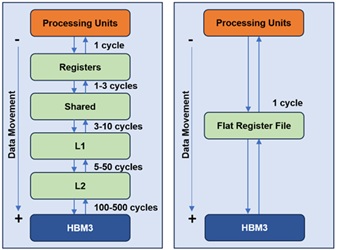 An AI-Native Architecture That Eliminates GPU InefficienciesA recent analysis highlighted by MIT Technology Review…Read More
An AI-Native Architecture That Eliminates GPU InefficienciesA recent analysis highlighted by MIT Technology Review…Read More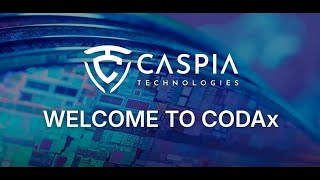 Caspia Technologies Unveils A Breakthrough in RTL Security Verification Paving the Way for Agentic Silicon SecurityIn a significant advancement for the semiconductor industry,…Read More
Caspia Technologies Unveils A Breakthrough in RTL Security Verification Paving the Way for Agentic Silicon SecurityIn a significant advancement for the semiconductor industry,…Read More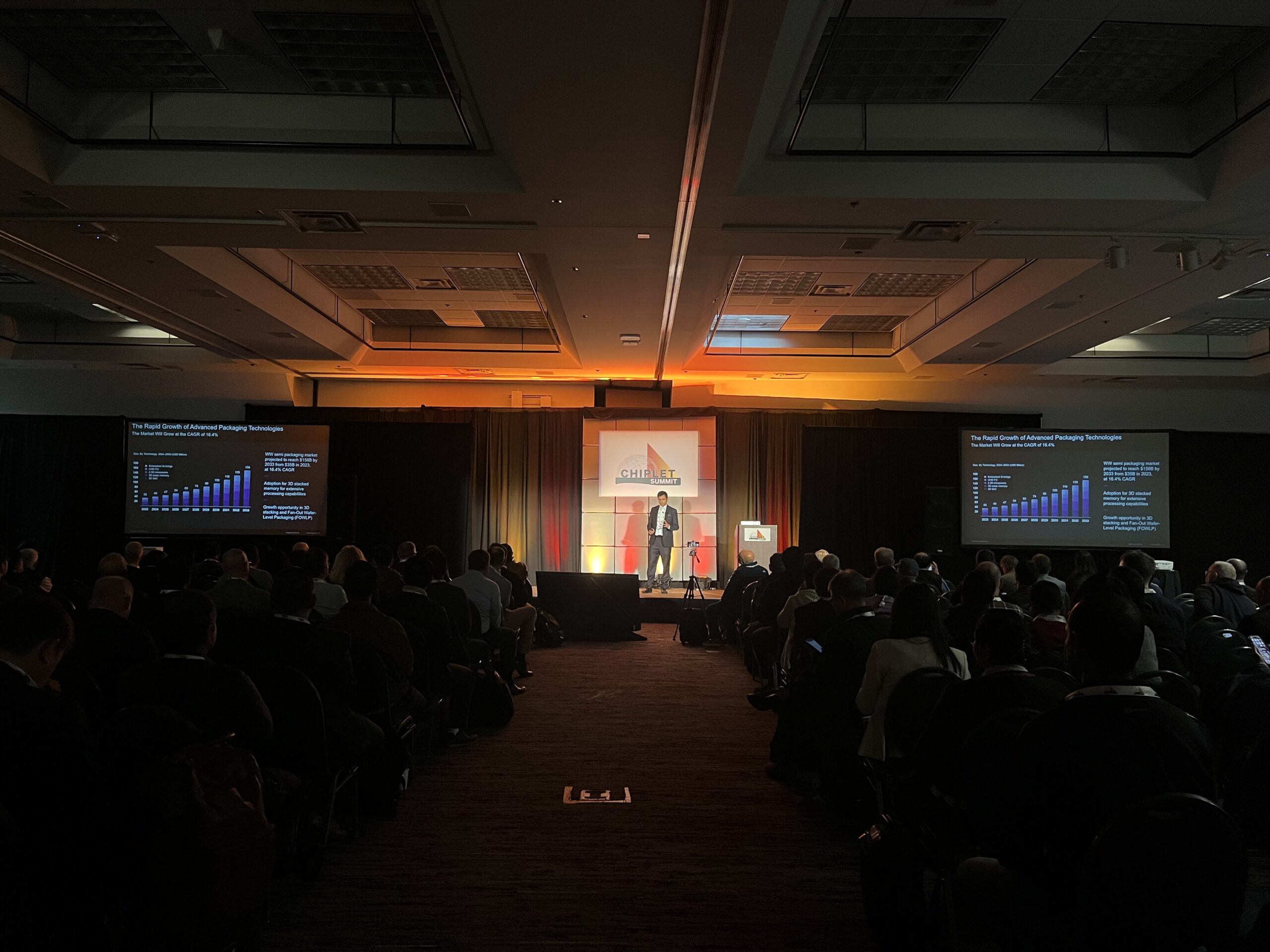 Designing the Future: AI-Driven Multi-Die Innovation in the Era of Agentic EngineeringAt the 2026 Chiplet Summit, Synopsys presented a…Read More
Designing the Future: AI-Driven Multi-Die Innovation in the Era of Agentic EngineeringAt the 2026 Chiplet Summit, Synopsys presented a…Read More An Agentic Formal Verifier. Innovation in VerificationIn a break from our academic-centric picks, here…Read More
An Agentic Formal Verifier. Innovation in VerificationIn a break from our academic-centric picks, here…Read More Reimagining Compute in the Age of Dispersed IntelligenceAt the 2025 RISC-V Summit, amid debates over…Read More
Reimagining Compute in the Age of Dispersed IntelligenceAt the 2025 RISC-V Summit, amid debates over…Read MoreGet that Smartphone Chip out of my Wearable!
Last week, I had the pleasure to present at the Linley Group Mobile Conference. My presentation was part of the Wearable Device Session, which examined wearables from several different angles including software, sensor, processor, and IP.
As the smartphone market is maturing and the pace of innovation generally slowing, there… Read More
What Executives Say About IP Licensing
In the fabless world of semiconductor design, IP components have become indispensable partners and have enabled the development of complex billion gate SoCs. IP business in general is exhibiting a very high growth rate since couple of years and it is going to increase; the same is being reflected by a growing number of IP vendors… Read More
180nm still a big deal
When I was reading the recent Daniel Payne article “Designing Change Into Semiconductor Techonomics” with commentary on a recent presentation from Aart de Geus of Synopsys, one chart jumped out at me: the most popular process node for new design starts today is 180nm.
Upon mentioning that to a few of my IoT counterparts, they quickly… Read More
Intel is Still Missing Mobile!
Paul McLellan was on assignment in Hong Kong last week so I attended the Linley Mobile Conference and was not surprised Intel did not present. During the networking sessions I asked more than a dozen people why and the answers were pretty focused on “Intel still does not play well with others” and “Intel’s current mobile offerings… Read More
Processors For Internet of Things
Tomorrow and Thursday this week is the Internet of Things (IoT) developers conference. It takes place at the Hyatt Regency in Santa Clara. There are 3 keynotes and 3 CTO viewpoints:
- Driving Heterogeneous System Architectures Everywhere – Amit Rohatgi, Imagination Technologies
- Solving the Networking Puzzle: From IOT
New Method for Metrology with sub-10 nm Lithrography
NewPath Research will describe their new method for nanoscale carrier profiling in semiconductors on May 19[SUP]th[/SUP] at the Annual SEMI Advanced Semiconductor Manufacturing Conference (ASMC) in Saratoga Springs, NY. This new method is intended to fill the gap that has been addressed in the Roadmaps for the semiconductor… Read More
The Matrix, your ultimate OPC
One of the many consequences of shrinking process nodes is that traditional OPC can no longer achieve good pattern fidelity with reasonable turn-around-time. But there is a solution; we made it ourselves and call it matrix OPC.
First, let’s explore the problems with traditional optical proximity correction (OPC) when applied… Read More
IC Power Noise Reliability for FinFET Designs
Reliability for ICs is a big deal because the last thing that you want to do is ship a new part only to find out later in the field that there are failures not being caught by testing. I’ve already had two consumer products fail this year because of probable reliability issues: My MacBook Pro with 16GB of RAM started rebooting caused… Read More
Flexible Integration System for IPs into SoC
The number of IPs with growing complexity and heterogeneity is ever increasing (counting into hundreds) to be integrated into a single SoC. It’s not possible to have them all available at once and in a single repository for the integration engineers to assemble all of them together and integrate into the SoC. The reality is that … Read More


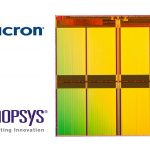


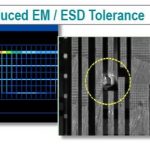
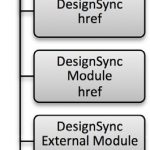
Memory Matters: Signals from the 2025 NVM Survey